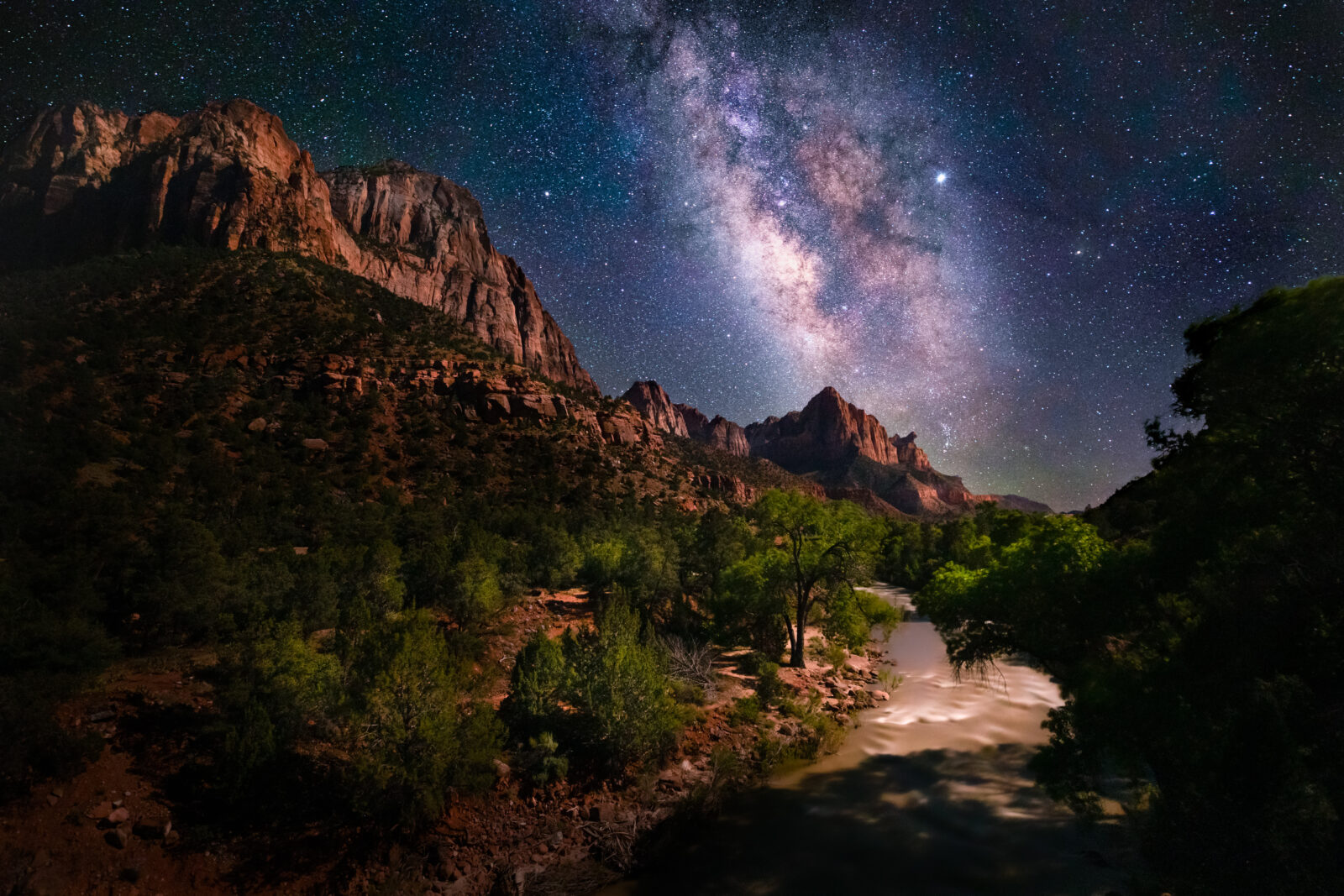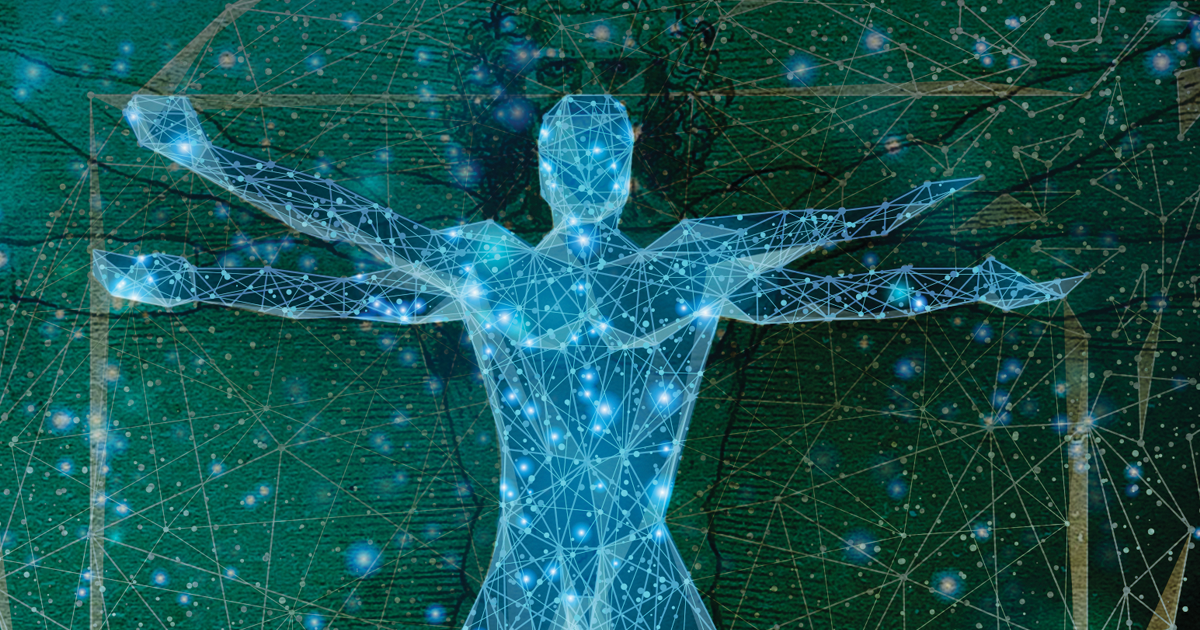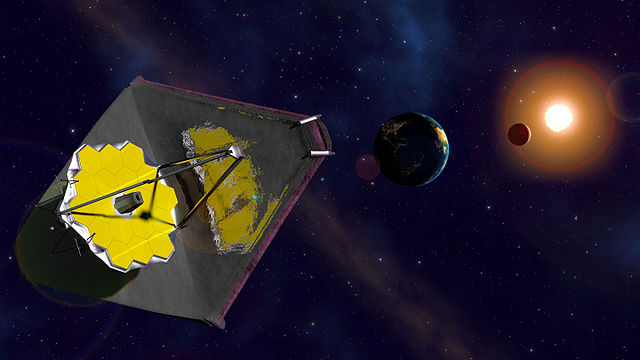
A Privileged Place for Life and Discovery
On this ID the Future host and geologist Casey Luskin continues his conversation with astrobiologist Guillermo Gonzalez about the many ways Earth’s place in the cosmos is fine tuned for life. In this second half of their conversation, Gonzalez zooms out to discuss the galactic habitable zone and the cosmic habitable age. Luskin says that the combination of exquisite cosmic and local fine tuning strongly suggests intelligent design, but he asks Gonzalez whether he thinks these telltale clues favor theism over deism? That is, does any of the evidence suggest a cosmic designer who is more than just the clockmaker God of the deists who, in the words of Stephen Dedalus, “remains within or behind or beyond or above his handiwork, invisible, refined out of existence, indifferent, paring his fingernails”? Gonzalez answers in the affirmative, but the reasons he offers for this conclusion may surprise you. Tune in to hear his answer. This two-part interview was occasioned by Gonzalez’s essay in the newly released book Science and Faith in Dialogue, available for free here. Part 1 of the interview is here. And Gonzalez’s book, The Privileged Planet, is available here.


